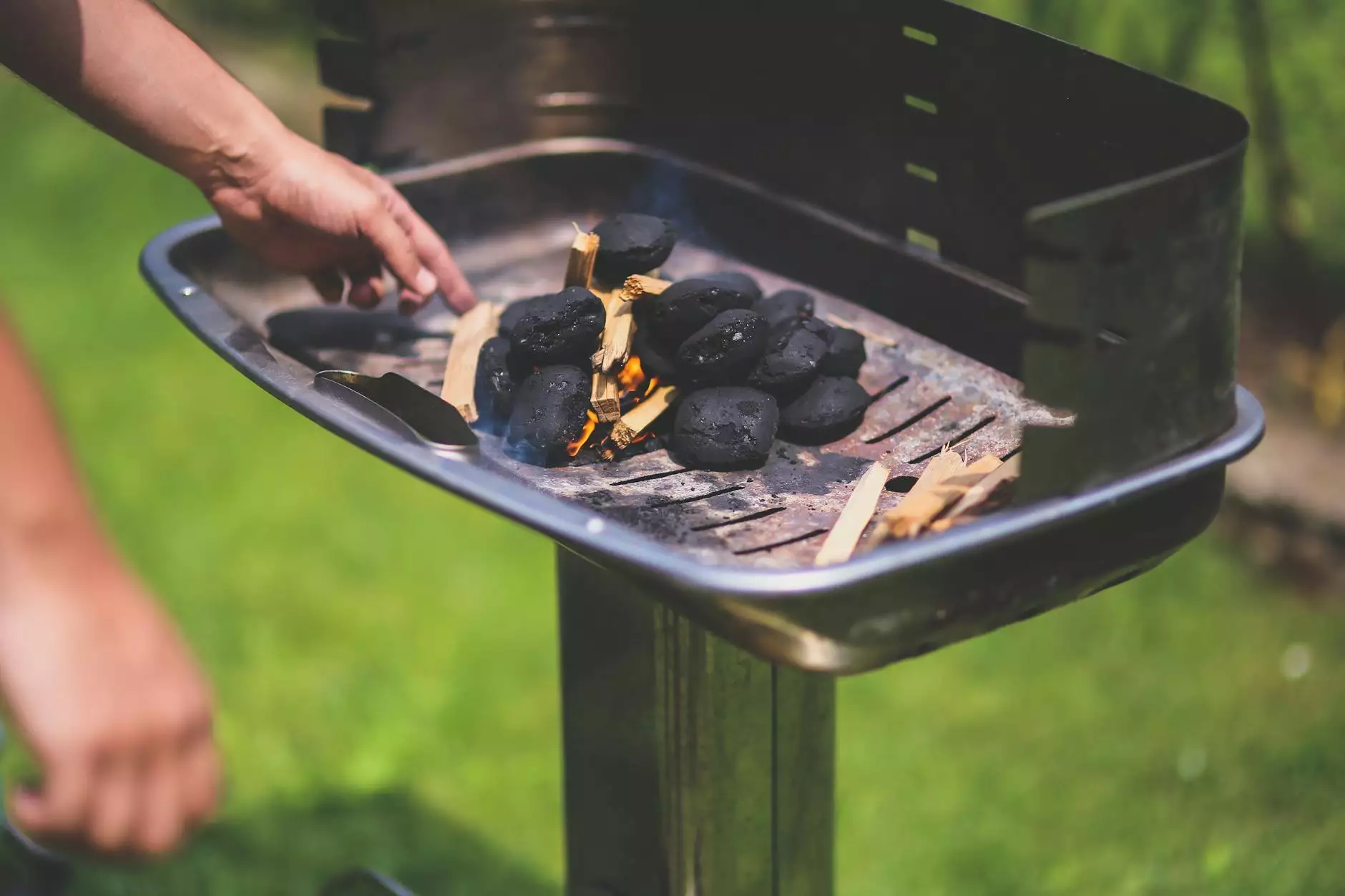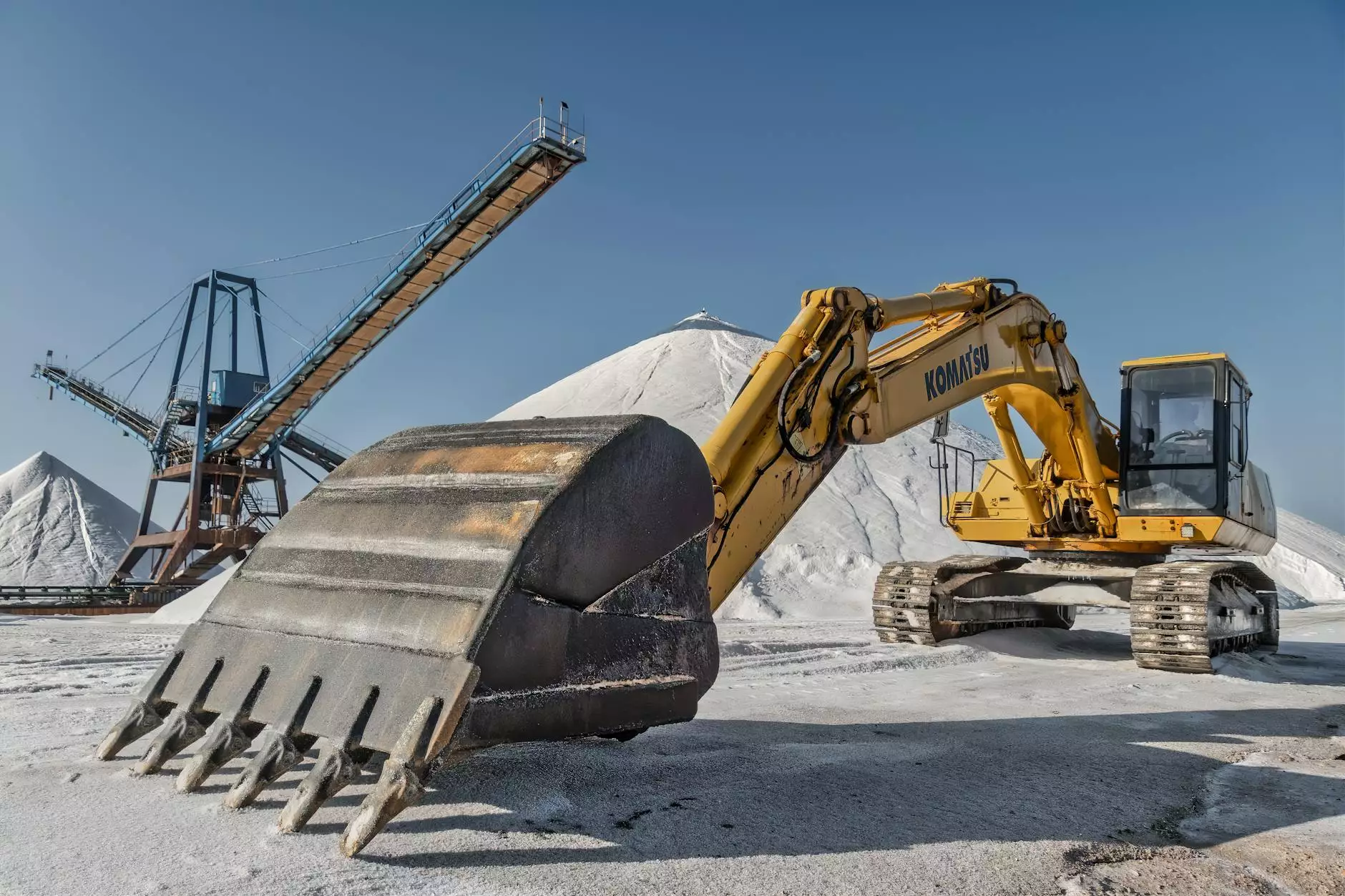Hardwood Briquettes: The Eco-Friendly Fuel Solution for Your Home

As environmental concerns rise and the demand for sustainable energy sources increases, hardwood briquettes have emerged as a popular choice among homeowners and businesses alike. This article delves into the numerous benefits, applications, and production of hardwood briquettes, highlighting why they stand out as a premier eco-friendly fuel source.
What Are Hardwood Briquettes?
Hardwood briquettes are compacted blocks of wood made from sawdust and wood shavings, specifically from hardwood species. These materials are compressed using high pressure, allowing for a dense and uniform block that burns efficiently. Unlike traditional firewood, hardwood briquettes are manufactured without the use of chemical additives, making them a natural and clean-burning alternative.
Why Choose Hardwood Briquettes?
The choice to use hardwood briquettes is centered around several key benefits:
- Eco-Friendly: Producing hardwood briquettes utilizes waste wood byproducts from sawmills, reducing the amount of waste that ends up in landfills.
- High Energy Content: The compression process extracts moisture from the wood, resulting in a product that delivers a higher energy output than regular firewood.
- Low Emissions: Hardwood briquettes burn cleaner than traditional wood logs, producing less soot and particulate matter, contributing to improved air quality.
- Convenience: They are easy to store, light, and handle, making them a practical choice for both indoor and outdoor use.
- Long Burn Time: One of the standout features of hardwood briquettes is their long burn time, ensuring sustained heat for extended periods.
Applications of Hardwood Briquettes
Hardwood briquettes can be used in various settings, making them an incredibly versatile fuel source. Here are some primary applications:
1. Residential Heating
Homeowners looking for an efficient heating solution often prefer hardwood briquettes. Their high energy density means they require less space for storage compared to traditional wood logs.
2. Cooking
Grilling and barbecuing enthusiasts benefit from using hardwood briquettes due to their ability to maintain consistent temperatures, delivering a more controlled cooking experience.
3. Industrial Use
Many industries are adopting hardwood briquettes as a fuel source for boilers and furnaces, recognizing the economic and environmental advantages they present.
How Are Hardwood Briquettes Made?
The production of hardwood briquettes involves several key steps:
- Collection of Raw Materials: Sawmills collect sawdust and other wood scraps that would typically be considered waste.
- Drying: The collected materials are dried to achieve optimal moisture content, usually between 7-10%. This is essential for effective combustion.
- Compression: The dried sawdust is then subjected to high pressure, which compresses the wood fibers together without the need for additives.
- Cooling: Once formed, the briquettes are cooled down to ensure they maintain their shape and quality.
- Packing: Finally, the briquettes are packed and ready for distribution to customers.
Benefits of Using Hardwood Briquettes
Choosing hardwood briquettes over traditional wood logs yields several advantages that can enhance your home heating and cooking methods:
Improved Heating Efficiency
Hardwood briquettes have a much higher energy density compared to traditional firewood, offering up to 30% more heat output. This means more warmth for your space while using less fuel, which is particularly beneficial during cold periods.
Environmental Sustainability
By utilizing hardwood briquettes, you contribute to reducing deforestation rates. Since these products are often made from byproducts of the wood industry, they help create a circular economy where waste is minimized.
Cost-Effectiveness
With their long burn times and high heat output, hardwood briquettes can be more economical over time. While they may have a higher upfront cost compared to traditional wood, the efficiency means you will use less material for the same or improved heating effects.
Storing Hardwood Briquettes
Proper storage of hardwood briquettes is essential to maintain their quality and performance. Here are some tips:
- Keep Dry: Store briquettes in a dry place, as moisture can negatively impact their burning efficiency.
- Avoid Direct Ground Contact: Elevate the briquettes using pallets or shelving to prevent moisture absorption from the ground.
- Seal Packaging: If your hardwood briquettes come in plastic or paper packaging, ensure they are sealed tightly to prevent exposure to moisture.
Comparing Hardwood Briquettes and Other Fuels
It is important to consider how hardwood briquettes compare to other fuel types such as pellets, charcoal, and traditional firewood:
Fuel TypeEnergy DensityBurning TimeEnvironmental ImpactHardwood BriquettesHighLongLowWood PelletsMediumMediumMediumCharcoalHighMediumHighTraditional FirewoodLowShortMediumConclusion: Making the Switch to Hardwood Briquettes
Transitioning to hardwood briquettes is more than just a choice for fuel; it’s a step towards embracing sustainability while enhancing your home heating and cooking experience. With their high efficiency, long burn times, and eco-friendly nature, hardwood briquettes stand as a superior alternative to traditional wood logs and other fuels.
Explore a range of hardwood briquettes and other timber products at Stary Timbers, your trusted partner as timber merchants and wood suppliers committed to providing high-quality, sustainable wood products that meet your every need. Choose wisely and support a greener future for generations to come!









